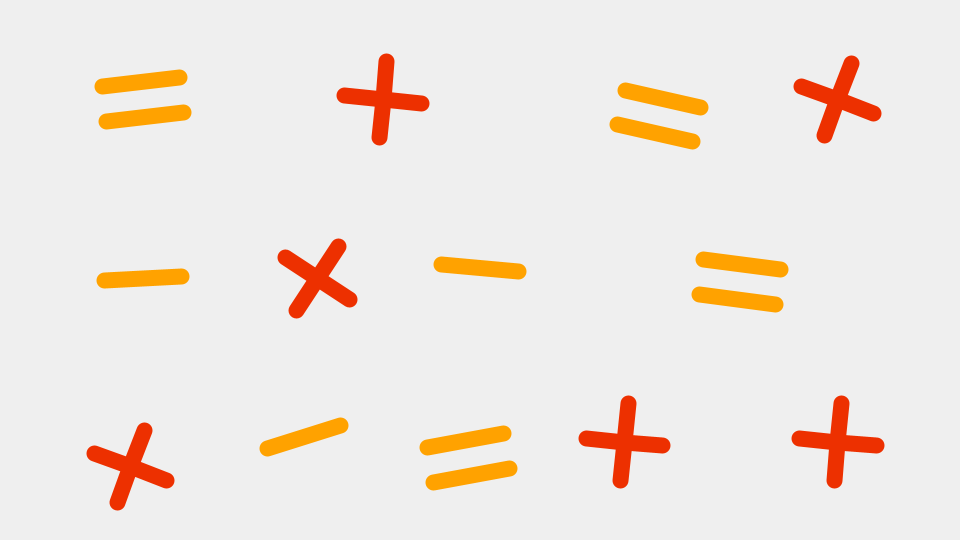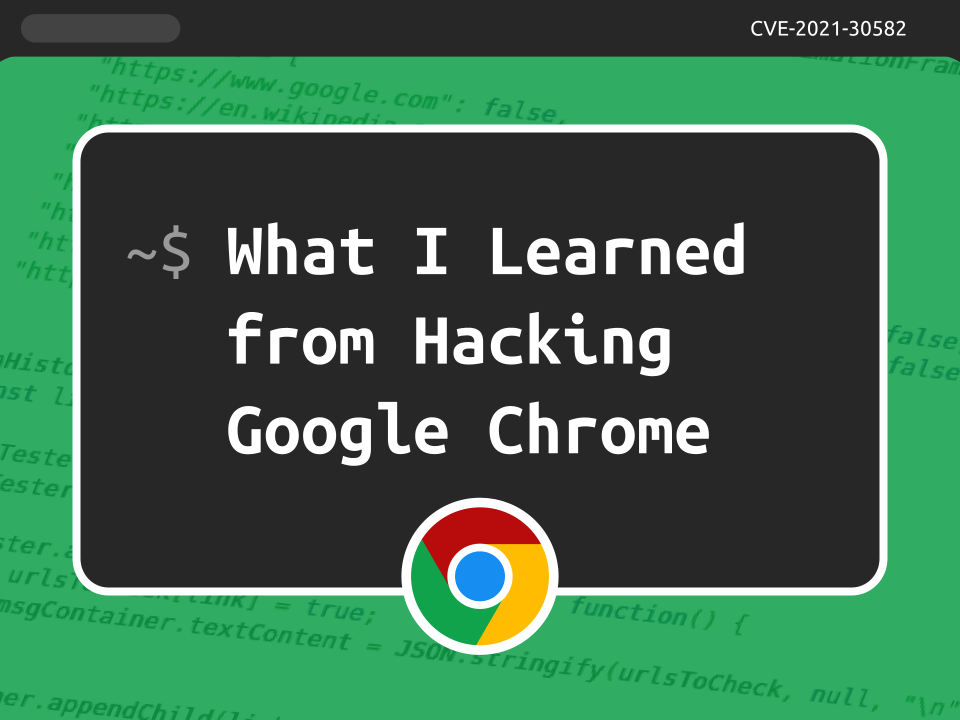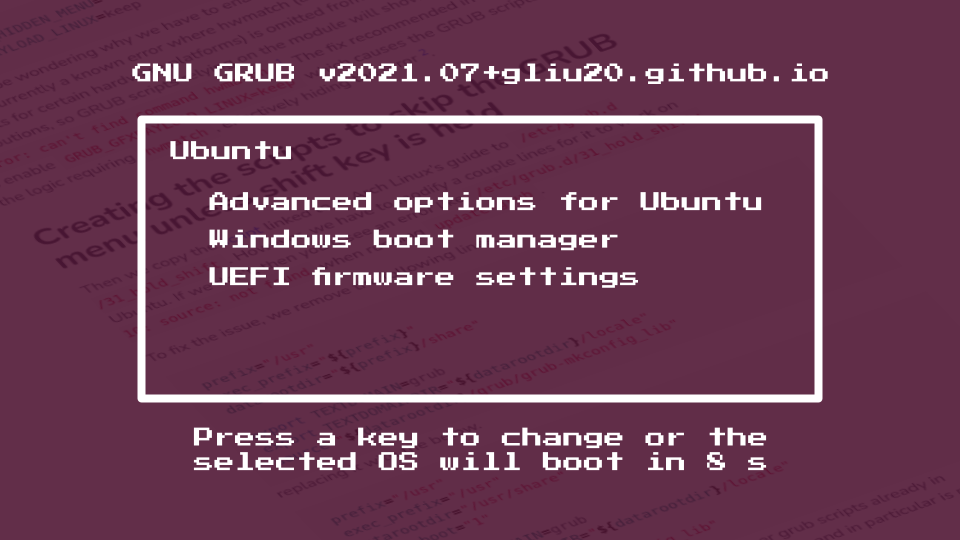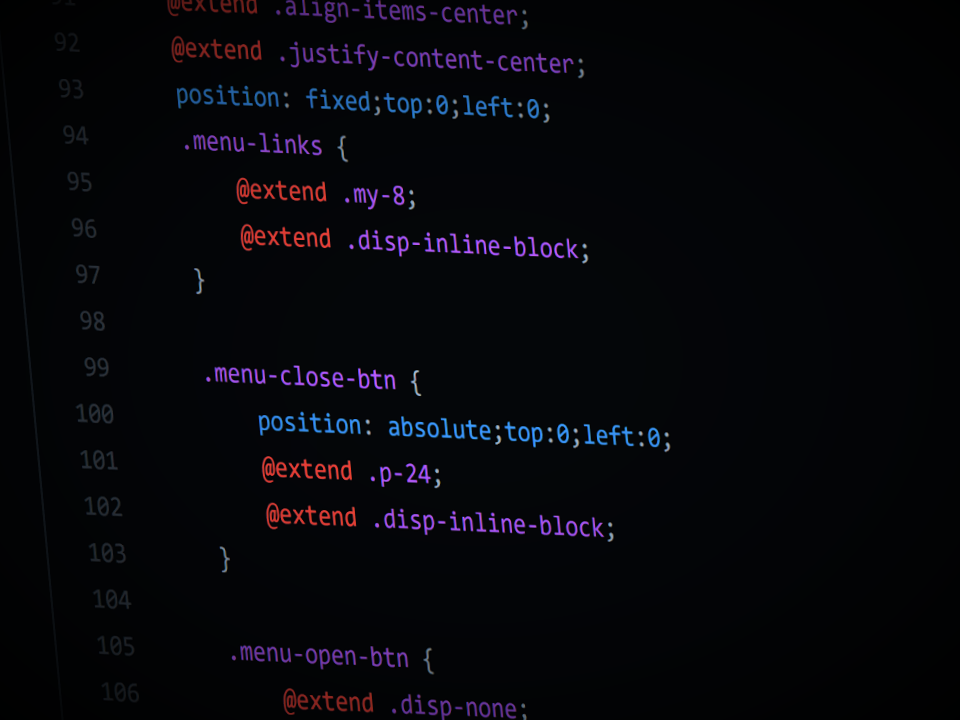Recommended reads
From the blog archives

A Javascript Developer's Guide to Contributing to Firefox
Note that while I’ve done my best to make sure the content here is correct, there may be slight inaccuracies. At time of publishing, there isn’t much documentation on the inner workings of modules in Firefox, but I’m planning on sending in a patch to the official Firefox docs.

How I Got Started With Contributing to Firefox
I admit, I used to think contributing to Firefox was basically impossible, especially as someone who didn’t yet know Rust or C++. And even if I overcame this hurdle, I thought it was hard to get set up, difficult to find bugs that are well-scoped to what I can actually accomplish given my skillset, and challenging to understand the complex codebases that would be typical of large software projects. But I wanted to help. And after hacking Google Chrome, I realized that maybe I could, or at least I could try.

How I optimized my fractal viewer and the things I learned along the way
From learning WebAssembly to eliminating unnecessary work with period checking to progressive refinement, this is how I made my fractal viewer faster and more usable.

What I learned from hacking Google Chrome
I’m just a regular engineering student. I mean, sure, I like watching random educational youtube videos, using computers, and programming for fun, but I mean, hey, that’s why I’m in ECE. Yet, I’m not a hacker, nor do I have the skills to even remotely consider myself one. And even despite the plethora of reasons I should fail, I managed to do what I thought I could never do.

Hiding the GRUB menu in Ubuntu 20.04
If you’re like me, most of the time I prefer to just work in Linux and only rarely use Windows in my dual-boot setup. So, I’d rather only see the GRUB menu if I’m holding down a key to switch into Windows and otherwise simply default to Ubuntu. The process to set that up is a little involved, though, so be warned!

Towards Efficient Multiplication
Recently, I was trying to figure out a way to create my own arbitrary precision floating point arithmetic library. For those of you unaware, floating point simply means numbers are represented in scientific notation and that allows computers to express really large or really small numbers and everything in between. However, one problem of floating point numbers is that they are normally represented with a limited amount of precision.

Why life needs entrepreneurial thinking: How making goals is like starting a business
I think that a lot of what entrepreneurs do is applicable to everyone. Our keen ability to find flaws in the status quo and then to take that initiative to spearhead a solution is something that we should apply to life itself and how we develop goals for ourselves.

Why you should build your own CSS framework and what I learned building one
With the rise in utility-first CSS libraries, I wanted to dive deeper into why that’s the case, and why we I think it’s valuable to re-invent the wheel.

What I learned winning 3rd place at StuyHacks IX: Misconceptions about Hackathons and Tips for Success
I’m often surprised by the grand expectations that younger coders believe is necessary for success at Hackathon events. Here, in no particular order, are some of the most common misconceptions and tips I’ve learned.

Why I don't have New Year's resolutions
It’s that time of year when everyone asks about their New Year’s resolutions. While I like the rationale, personally, I don’t think it works. Here’s why.
